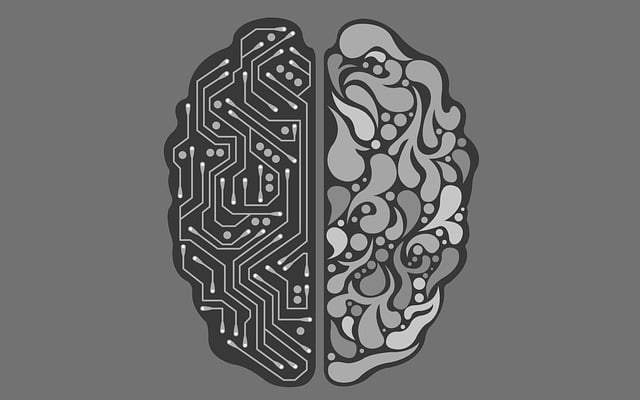In the rapidly evolving realm of artificial intelligence (AI), innovations are progressing at breakneck speed. This swift pace often means that ethical considerations might be sidelined or overlooked. However, as AI becomes more integrated into our everyday lives, it is vital that AI consultants approach their work with a keen eye towards ethical implications. Balancing the drive to innovate with the responsibility of ensuring ethical implementation can be challenging, but it is crucial.
This post dives into the ethical considerations that AI consultancy firms and professionals should ponder.Understanding The Role And Responsibility Of AI Consultancy
AI consultancy, at its core, is about guiding businesses and organizations in implementing AI solutions that suit their needs. However, this goes beyond mere technical advice. Ethical considerations are paramount.When advising clients, AI consultants must prioritize the implications of the solutions they recommend. They should question: "Is this technology equitable? Does it inadvertently harm or disadvantage any group?" Keeping these questions at the forefront ensures a more responsible integration of AI into society.
Transparency In AI Systems
One of the biggest concerns in AI deployment is the opacity of certain algorithms, often termed as "black boxes." The decisions made by these algorithms can significantly impact individuals and society.It's crucial for AI consultants to advocate for transparency in AI systems. This doesn't mean revealing proprietary secrets but ensuring that there's a clear understanding of how decisions are derived, which can be essential for accountability.
Avoiding Biased Data And Algorithms
It's no secret that AI systems can and do inherit the biases present in their training data. These biases can perpetuate harmful stereotypes and create unfair outcomes. AI consultants should emphasize the importance of auditing datasets for biases and ensuring that algorithms are designed to be as neutral and fair as possible. Addressing this proactively can prevent potentially damaging scenarios down the road.Ensuring Data Privacy And Security
As AI systems often require vast amounts of data to operate optimally, there's a risk of data misuse or breaches. AI consultants must understand the ethical importance of data privacy and advocate for robust security measures. This goes hand in hand with building trust with the end-users and ensuring that AI is used for the betterment of society.Mitigating Job Displacement
One of the realities of AI is its potential to automate tasks that were previously human-centric. While this can lead to efficiencies, it also poses a real threat of job displacement.Ethical AI consultancy means considering the broader societal implications, which includes providing guidance on how to integrate AI without causing undue harm to the workforce. This might involve recommending upskilling programs or gradual integration strategies.
Fostering Inclusive Development
For AI to be truly ethical, it must cater to the entire spectrum of humanity. This means ensuring that AI solutions are designed keeping in mind individuals from different backgrounds, abilities, and needs.Inclusivity isn't just an ethical consideration; it's also good for business. A diverse user base means broader application and more comprehensive problem-solving.
Considering Long-Term Consequences
Sometimes, the long-term consequences of AI systems can be hard to predict. Still, it's the responsibility of AI consultants to think forward and anticipate potential pitfalls. Whether it's dependency issues, unforeseen societal impacts, or other long-term challenges, a forward-thinking ethical approach can make all the difference.Promoting Ethical AI Education
AI consultancy doesn't just stop at providing solutions. It's also about educating clients and stakeholders on the importance of ethical considerations. By fostering a culture of continual learning and ethical vigilance, consultants can play a pivotal role in shaping a responsible AI-driven future.Conclusion
Balancing the promise of AI with the weight of ethical responsibility isn’t a task for the faint-hearted. But it’s a challenge that AI consultants must rise to, for the sake of society and the integrity of the field.As AI becomes more entrenched in every facet of our lives, the line between innovation and ethical responsibility might blur, but it should never disappear. With a thoughtful approach that prioritizes the long-term wellbeing of society, AI consultancy can truly be a force for positive change.

No comments:
Post a Comment